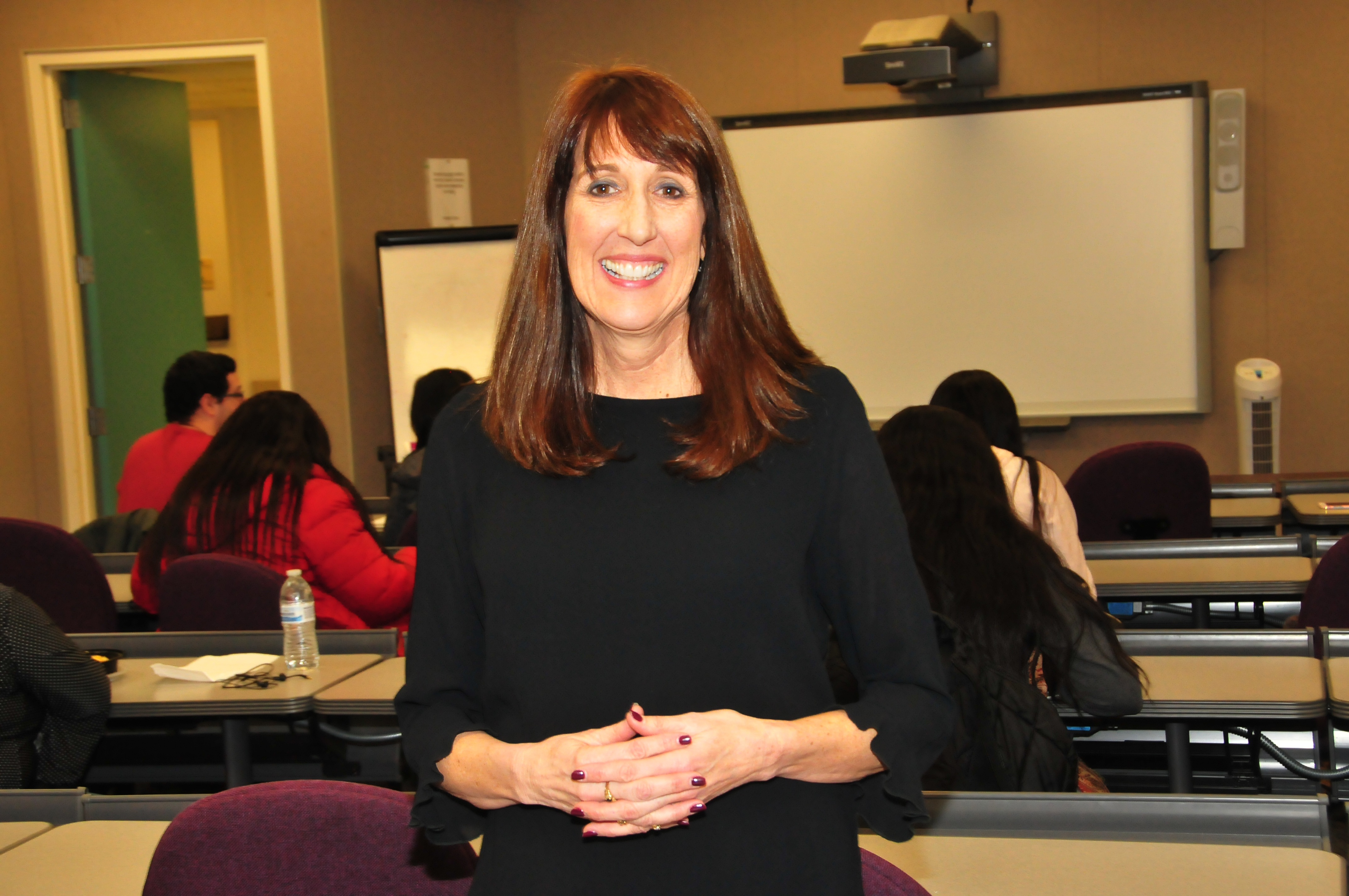
Dr. Faith Newton Chairs National Chronic Fatigue Committee
Dr. Faith Newton, DSU professor of education, has been named by U.S. Secretary of Health and Human Services Tom Price as the chairperson of the Chronic Fatigue Syndrome Advisory Committee (CFSAC) – the first professional educator in the country to be selected to direct the committee’s work.
Myalgic Encephalomyelitis – more widely known as Chronic Fatigue Syndrome (ME/CFS) – is a disease affecting more than one million Americans, with symptoms that include debilitating fatigue, severe circulatory problems, chronic joint pain and neurocognitive issues collectively known as “brain fog.”
There is no cure for ME/CFS, and even its cause is not well understood. Nevertheless, clinical research on treatment and management of the disease is ongoing.
Dr. Newton became involved with ME/CFS over a decade ago when her son came down with the disease, and has since become the leading national recognized expert in the accommodations that are necessary to insure that children suffering from ME/CFS receive a quality education.
“With education and treatment,” Dr. Newton said, “many of these children can eventually go to college, find jobs and become self-sufficient adults. But knowing how to help them learn is critical.”
Dr. Vicky Whittemore, Health Services Administrator at the National Institutes of Health, cited Dr. Newton’s “experience, expertise, and leadership in educating pediatric ME/CFS” as providing the foundation for making her “an outstanding Chair for CFSAC.”
The advisory committee is composed primarily of clinicians and health administrators specializing in the disease; the committee is charged with making policy recommendations to the Department of Health and Human Services, as well as collaborating with organizations like the Centers for Disease Control, the National Institutes of Health, and the Department of Education.
“We are making recommendations that can impact schools across the U.S.,” Dr. Newton said. She added that the advisory committee also connects with schools such as Sanford University, Columbia University and Cornell University, where ME/CFS research is ongoing.

